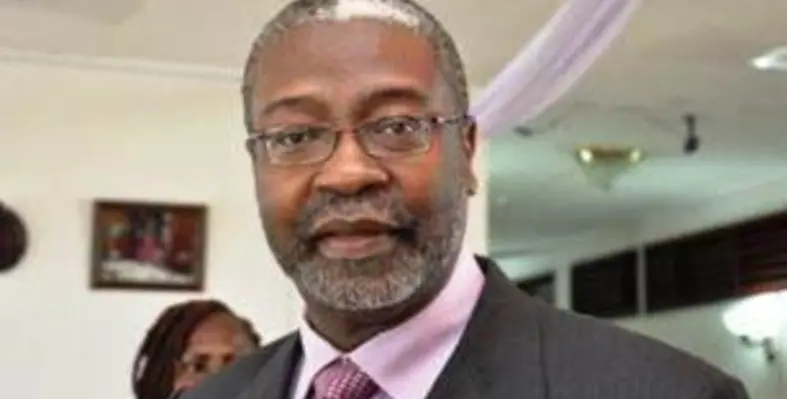The Central Bank of Liberia (CBL) has unveiled stimulus measures aimed at helping various sectors recover from the impact of Ebola epidemic that affected the West African country for nearly nine months in 2014
J. Mills Jones, bank governor, said, “Projections show that the growth of the economy, which was expected to average 6.6 per cent over the next three years before the Ebola epidemic, will slow down to only about one per cent.”
Speaking at a press conference in Monrovia, Jones said that the bank’s Board of Governors agreed that it was important for relevant government authorities to be more focused on addressing the structural weaknesses in the economy to enable it to withstand shocks, similar to that stemming from Ebola.
“This means that even as we take short-term measures to stabilise the economy, we should be looking beyond just recovery, which could leave the economy with the same vulnerabilities that we are now experiencing, leaving the country susceptible to a vicious circle of poverty and underdevelopment,” the governor added.
Jones added that there is a need to explore various options by the Economic Management Team (EMT) of the country to revive the economy, including the need for a new strategy to ensure sustainable domestic food production, especially rice, which should bring to the table a review of the existing regime for rice importation.
“The CBL suggests that the team aims to capture some of the profits from rice importation for domestic investment in rice production.”
According to the governor, Liberia would take steps to get its infrastructure development back on track, which would include making payments to companies that have done work for the government so that they are in the position to service their debts to commercial banks and welcomes such payments being made in that direction.
The CBL governor also asked the EMT to also grant tax holidays to certain critical sectors of the economy, including the banking sector, adding that timely action is very important for the speedy recovery of the economy.
He advised the government to note the high level of non-performing loans and the high operational costs facing the commercial banks, which hamper the profitability of the system. On non-performing loans, Jones said the negative impact of the Ebola crisis on the general business environment, especially for small and medium-sized business, the real estate business and the services sector, like hotels and restaurants, has made it difficult for those sectors to service their loans with the banking system.
Meanwhile, a mechanism has been put in place to provide liquidity support to the banking system, in case the need arises, considering the CBL’s role as Lender-of-Last Resort, Jones revealed.
The CBL would exercise dispensation on specific regulations in order to reduce the provisioning burden on NPLs associated with the Ebola crisis to help the commercial banks in restructuring and refinancing the private sector, which is necessary for the rapid recovery of the economy.
“The commercial banks have agreed with the CBL to be flexible in the restructuring of delinquent facilities associated with the Ebola crisis. Also, all default charges will be waived, and some, if not all accrued interest, will be waived on a case-by-case basis,” Jones added.
He disclosed that the repayment period to the CBL for all participating banks that received funds associated with the various stimulus initiatives of the CBL would be extended by two years, and the interest rate reduced from three to two per cent.
“As an additional support to the banks, the interest in the CBL’s initiative for the period of the Ebola crisis will also be waived,” Jones revealed.
Moreover, the prolonged closure of schools due to Ebola since July 2014 has been mainly contributed to the increased debt burden of private schools that borrowed from banks.
The governor of the CBL disclosed that the bank would pay off the outstanding loan obligations to commercial banks of all private schools.













